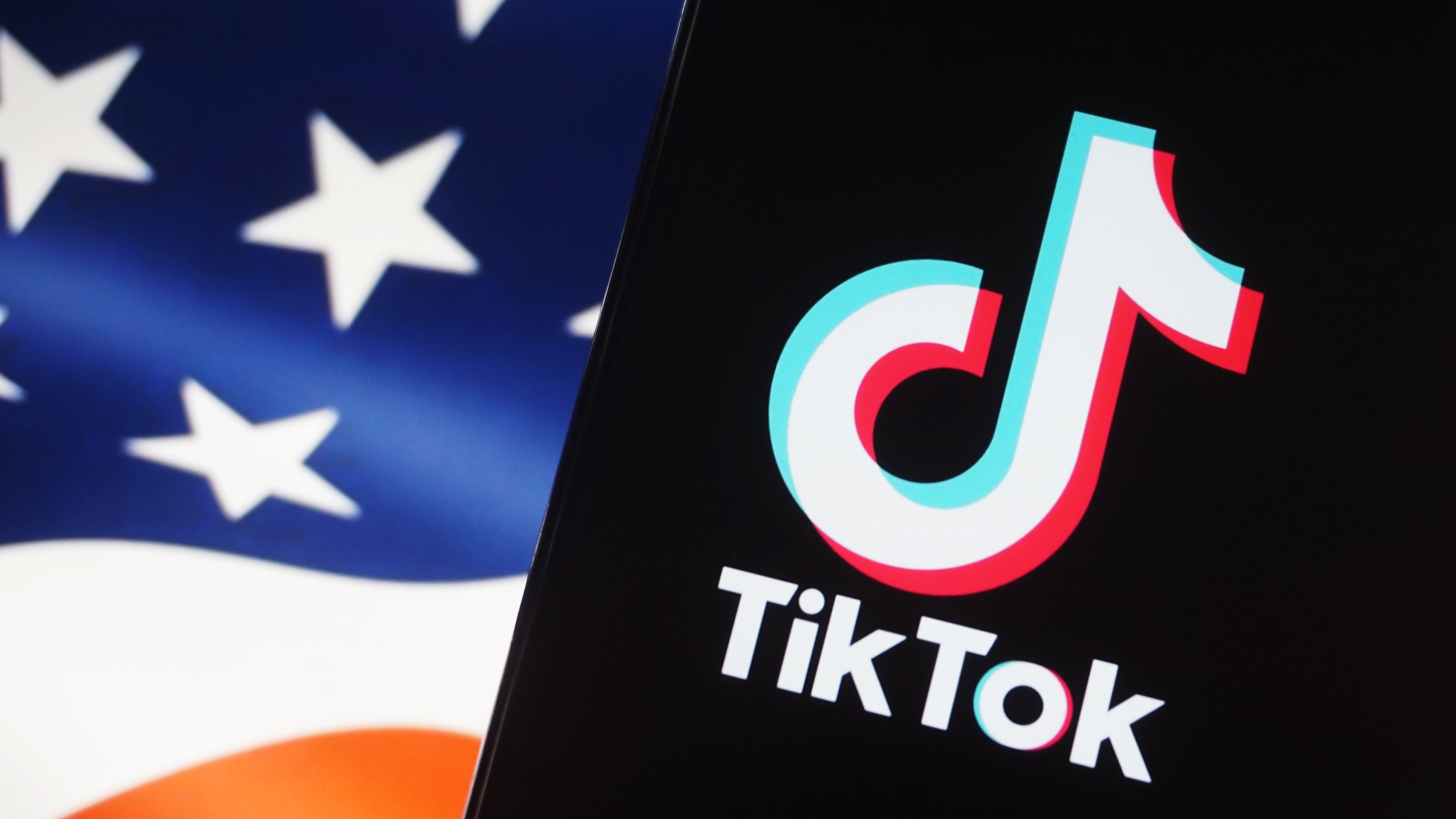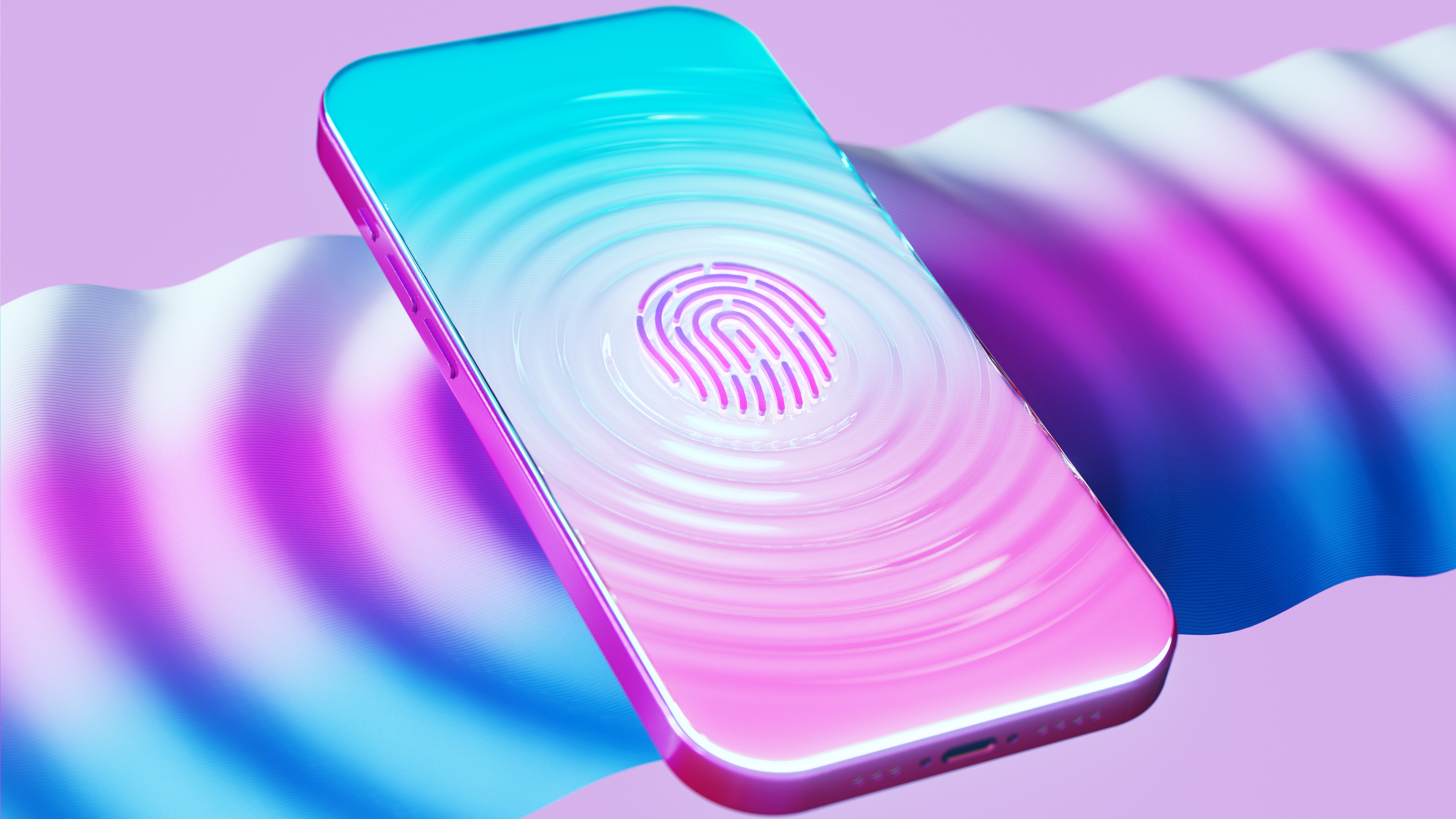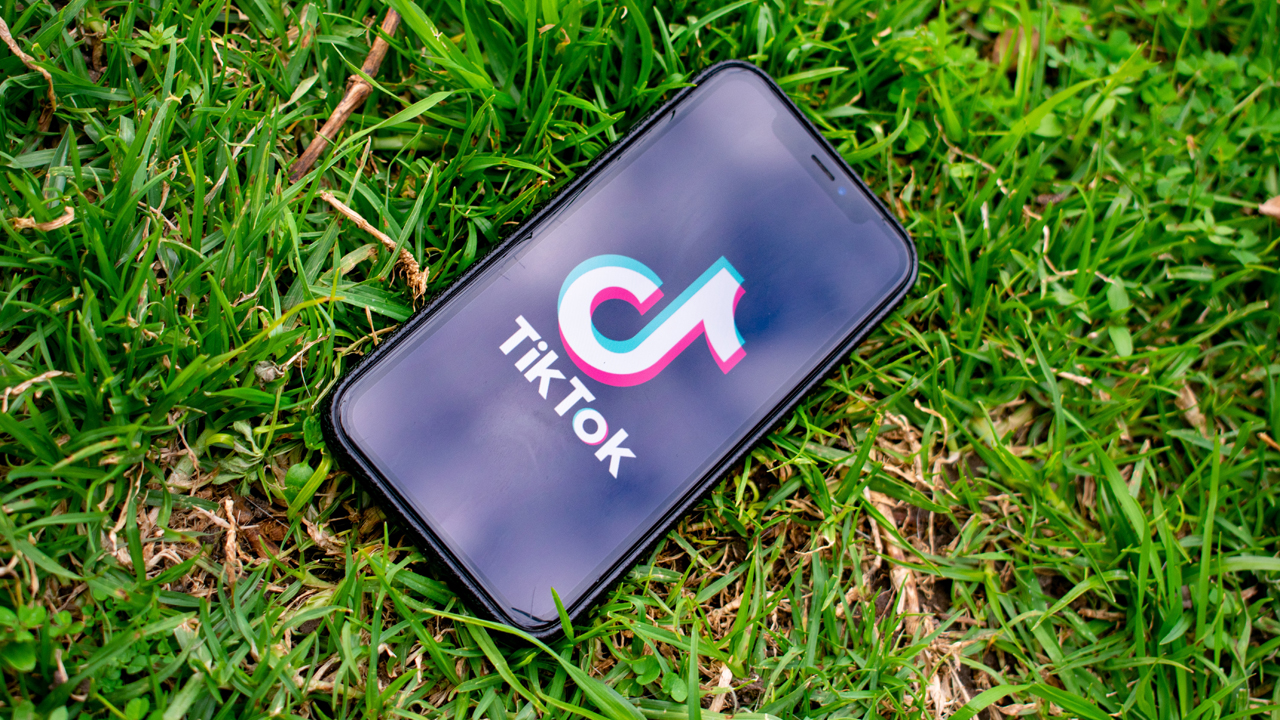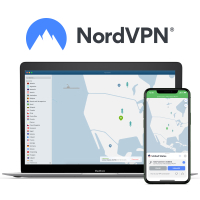Should you use a VPN with TikTok?
Will using a VPN with TikTok help protect your privacy?

TikTok has been all over the news recently, thanks to its potential ban in the United States unless it parent company ByteDance sells it to a US-approved buyer. Additionally, more and more companies have moved to ban the app, with these bans, proposed or actual, centering around the app's gathering of user's personal data.
Just like any other social media site, TikTok does gather a lot of your personal information. However, unlike other social media sites, ByteDance's legal issues within the US has led to users wondering if they should be using one of the best VPN services while using TikTok.
Here, I'll give you the lowdown on whether or not using one of the best TikTok VPNs is worth it, what potential risks TikTok poses and what you should do if the TikTok ban goes ahead in the US.
NordVPN: the best TikTok VPN overall
NordVPN is probably one of the most well-known VPNs around, and it's easy to see why. Not only is it amazing at unblocking geo-restricted content, it's also got excellent privacy and top-of-the-line security.
It's one of the fastest VPNs around, so you can be sure it won't slow you down during any binge-watching sessions, as well as being one of the best mobile VPNs, too.
It's one of the more affordable VPNs as well, with prices starting at $3.39 a month, and it even has a 30-day money-back guarantee so you can try it out, risk-free.
Should you use a VPN when using TikTok?
VPNs are a perfect first step towards protecting your privacy online, but they are not a silver bullet. In short, they encrypt your data before it leaves your device, and change your IP address so your online activity can't be traced back to you.
However, the issue with TikTok is that it already has access to a whole lot of information about you, which I'll explore in a minute. Suffice to say that even without your IP address, TikTok knows who you are.
That doesn't mean that using a VPN with TikTok is totally pointless, though. If you're concerned about TikTok knowing your real location by tracking your IP address, a VPN can avoid this – just make sure you restrict the location permissions on your device as well. This will also help avoid location-based advertising.
In many schools and businesses, TikTok is banned and restricted, meaning that you can't doom-scroll on company time. A VPN can definitely help you claw back your precious hours of inactivity by totally hiding what you're doing online from your internet provider, thus rendering the restriction entirely impotent.
Sign up to get the BEST of Tom's Guide direct to your inbox.
Get instant access to breaking news, the hottest reviews, great deals and helpful tips.
The same goes for country-wide TikTok bans, although reports of VPNs' efficacy have been mixed from users in India, where TikTok has been banned for some time. A VPN also won't allow you to download the app afresh in countries where it's banned, but if you're traveling to such a country with TikTok already installed, a VPN is your best bet for maintaining access.
What personal data does TikTok collect?
An easier question to answer would be: "What personal data doesn't TikTok collect?"
When signing up you're asked to provide your date of birth, email address, and/or telephone number. Whether you use your real date of birth or your daily email address is up to you.
TikTok also, quite predictably, collects everything you create on the platform. This includes your videos, comments, direct messages, livestreams, reviews, and hashtags. It also collects the metadata associated with these. For instance, if you import a video you took on holiday two years ago, it knows when and where you recorded it if your device recorded this metadata.
When it comes to your content, it doesn't matter whether you published it or deleted it immediately – TikTok stores it all. So, all of those drafts that didn't work out still exist somewhere. It can also access your clipboard, too.

Should you choose to sync your contacts, these will be collected, as will your purchase history. Payment methods are also stored if you import them, alongside shipping addresses.
Most unsettling of all is the fact that, in the US, TikTok collects "biometric identifiers and biometric information." It claims that this is not used to identify you, but there's no way to opt out of this.
In fact, if you don't want this to happen, TikTok's advice is: "Don't upload videos or photos, use filters and effects, or go LIVE on TikTok, delete any videos or photos you uploaded to TikTok, and don't use facial age estimation to confirm your age on TikTok." Simple, huh?
Finally, it's not just your own data at stake, either: "If other people appear in your videos, photos, or LIVE videos, you're responsible for making sure TikTok has consent to collect and analyze their face and voice information." So, you may well be on the TikTok servers without even downloading the app.
What device data does TikTok collect?
Plenty. Deep breath… "IP address, user agent, mobile carrier, time zone settings, identifiers for advertising purposes, model of your device, the device system, network type, device IDs, your screen resolution and operating system, app and file names and types, keystroke patterns or rhythms, battery state, audio settings, and connected audio devices."
Tucked away in there is the fact that TikTok logs your keyboard and everything you type, regardless of whether you send the message. Each device you use will also be assigned a Device ID, and generously TikTok may also "associate you with information collected from devices other than those you use to log in."
You'll have your location estimated via your SIM card and your IP address (use a VPN to avoid that), and while it doesn't currently log your GPS location, app versions released before August 2020 do.
TikTok uses cookies and tracking pixels to measure how you use the app, target advertising, and measure how that advertising performs. Finally, it may "link your contact or account information with your activity on and off our Platform across all your devices, using your email or other log in or device information."

What risks does TikTok pose?
If you consider a Chinese-owned business collecting all of the information above a risk, then TikTok poses a pretty big one. However, as invasive as all that sounds, Meta, Google, and many other web giants collect much the same when you use their services.
This is one of the biggest arguments against the US TikTok ban, and detractors state that if TikTok should be banned, so should every other data-collecting corporation. Clearly, the data that's being collected isn't the issue – it's the ownership. For many, however, that will make very little difference.
Beyond its invasive privacy policy and addictive nature, TikTok doesn't really pose any other threats, and using a VPN with TikTok isn't going to do much to protect you from its tracking unless you take restrictive measures before you sign up and use the app.
Will using a VPN avoid a TikTok ban?
In theory, if you already have TikTok installed on your device, using a VPN to spoof your location to a country where TikTok is available should get you access. However, it's worth noting that reports from countries where the app has been banned for some time – users in India are a great source of info – claim results are mixed.
I definitely recommend visitors to a country where TikTok is banned sign up to a VPN and try using the app with it. The best-case scenario is that it works perfectly, and in the worst-case scenario that it doesn't work at all, all the top VPN providers offer 30-day refund periods so you won't be out of pocket.
Bottom line
Using a VPN with TikTok is the only way of getting access to the app in places where it's banned – although reports are mixed as to whether this always works.
However, if you're concerned about your privacy when you're using the app, my advice is to never use it in the first place – a VPN won't do anything to mitigate TikTok's significant data collection, and despite rotating your IP address, there's a lot more ByteDance's app can work with.
Disclaimer
We test and review VPN services in the context of legal recreational uses. For example: 1. Accessing a service from another country (subject to the terms and conditions of that service). 2. Protecting your online security and strengthening your online privacy when abroad. We do not support or condone the illegal or malicious use of VPN services. Consuming pirated content that is paid-for is neither endorsed nor approved by Future Publishing.

Mo is VPN editor at Tom's Guide. Day-to-day he oversees guides on the best VPNs, privacy, and cybersecurity content, which includes making sure all his recommendations are up to date, accurate, and as useful for the reader as possible. He's a daily VPN user himself – typically NordVPN, but he enjoys a variety – and as a digital privacy advocate he believes that every step should be taken to protect yourself online.

